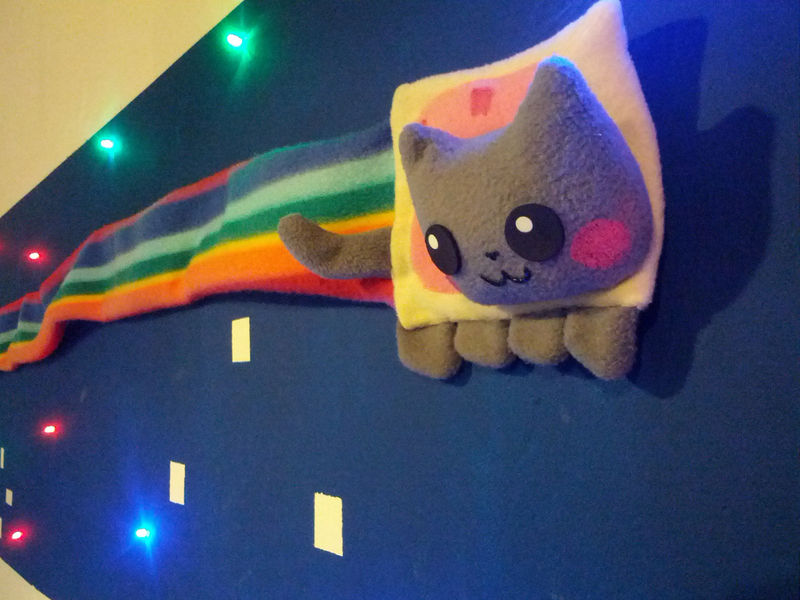
Chris Torres, who created the meme 10 years ago, confirmed the sale and his role in it via email. This was his first experiment with non-fungible tokens (NFTs), a type of digital asset that has recently taken the crypto scene by storm. NFTs, like Bitcoin, are quite scarce and uniquely identifiable. They have found application in the digital art world, as well as in multiple earth-related industries.
Not bad for someone who just created a meme!
“I'm still relatively new and don't know much about cryptocurrencies in general, but I see their full potential,” Torres said. The sale took place on the crypto art Foundation platform, launched only two weeks ago. The auction was open for 24 hours, with bids starting at 3 ETH (+ 5,35%).
In recent weeks, a number of historical NFTs have been sold for hundreds of ETH, as a variant of Crypto Punk priced at over $ 1 million. The NFT-based art market, which has grown with the cryptocurrency markets and is now worth over $ 100 million, with a success seen by both crypto-native and traditional artists.
The Torres sale represents the latest permutation of the NFT industry: coding and selling pieces of the web that seemingly belong to everyone. "I am very surprised by the success, but I think I am very pleased to know that I have practically opened the door to a new meme economy in the world of cryptocurrencies," Torres said.
Cryptography has opened new doors to success
Until now, meme makers often saw a small reward for their work. Some got book contracts, others sold T-shirts and merchandise. But there was an unreliable way to monetize the idea.
With cryptography, any idea can be monetized directly. And as long as the creator's identity can be reliably linked to work, it represents the most direct way to reward someone for the things that others like. Additionally, the works can be resold on a secondary market, with the proceeds still going to the artist.
“I feel like this is what he really needed, and it will be great to see how it turns out,” Torres said. We already know how it will turn out, that digital artists will earn more than those who still care about their palette and brushes. Do we want to bet? If you think like us or differently from us, let us know in the comments below.
